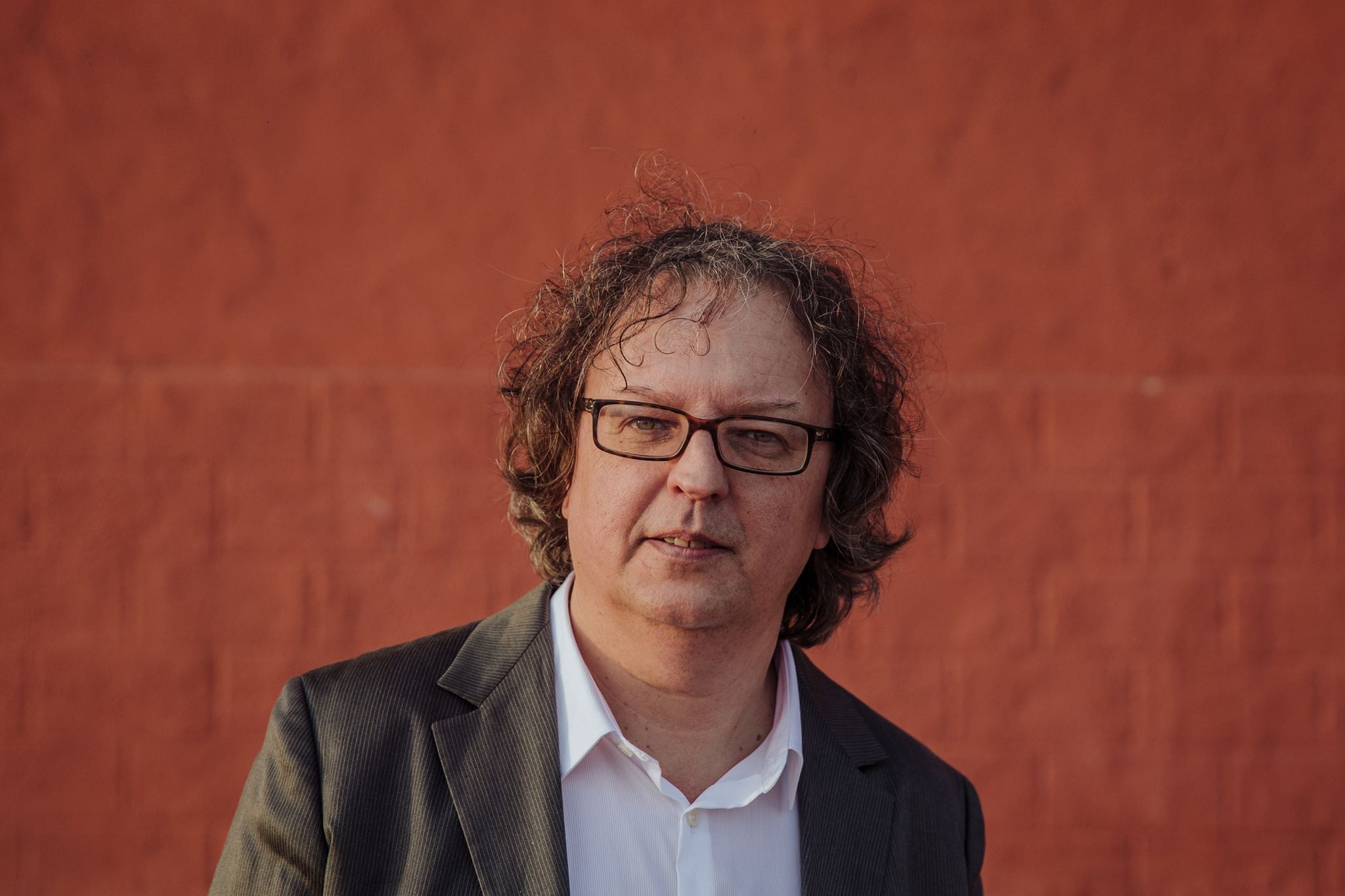About
Jean Kleeb is an accomplished Brazilian composer and an excellent pianist and clavichordist, dedicating his versatile talents to the special aspiration of creating a dialogue between different cultures and time periods. His works for piano, choir and ensembles range from modern music, jazz to world music and have been published by Bärenreiter and Helbling Editions. He published the first Brazilian choir book in Europe and a Brazilian Mass (Missa Brasileira), which has rapidly gained polarity in many countries. His books for piano, Beethoven goes Jazz, Beethoven around the world, Mozart goes Jazz and Classic goes Jazz, Baila Negra and Jazzy Piano were part of Bärenreiters piano albums, and he recently published his South American Piano-Suite Southway.
Based in Germany, Kleeb is a choral director and regularly gives workshops on Brazilian music worldwide. He tours regularly as clavichordist with the Trio Viola da Samba.

